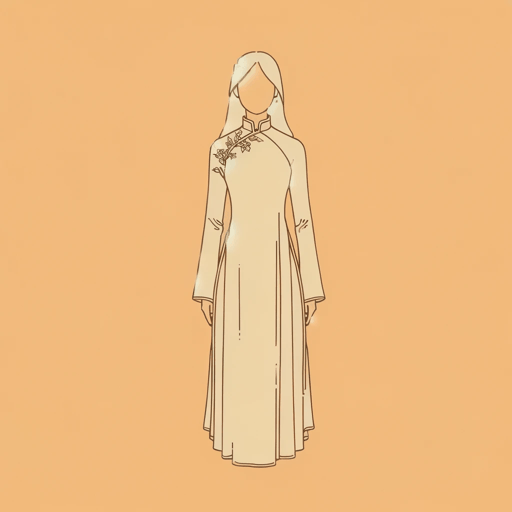38 pages • 1 hour read
Duong Thu HuongParadise of the Blind
Fiction | Novel | Adult | Published in 1988A modern alternative to SparkNotes and CliffsNotes, SuperSummary offers high-quality Study Guides with detailed chapter summaries and analysis of major themes, characters, and more.
Themes
Communism’s Negative Cultural Impact
The novel is set against the political backdrop of land reform in communist Vietnam. Even in a peaceful country village, residents cannot escape the crushingly traumatic reform efforts. Land reform measures proceed the Rectification of Errors campaign, an attempt to right the wrongs of land reform that is ultimately “incapable of picking up the pieces” (33).
Communist ideology is simultaneously feared and mocked throughout the novel, as the characters struggle with the reality and aftermath of these Communist reform efforts. Tam’s family is an example of the devastation of the reforms: Before land reform, Tam had a family and a home; in the aftermath of land reform, Tam is alone and evicted from her family home. When Tam reclaims her family home, the home’s condition is symbolic of the disaster and chaos left in the wake of Communist measures: bricks and tiles gone missing to sell for food, animals defecating in the courtyard, a living room divided by a partition (78). The chaos, demise, and filth in the house are symbolic of the aftermath of Communism’s failed efforts.
The inadequacies and shortcomings of Communist rule affect leaders within its own ranks as well: “Although there was prestige in being a Communist official, state salaries were barely enough to live on” (178).

